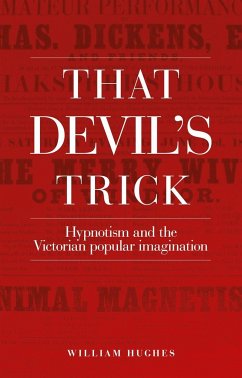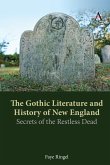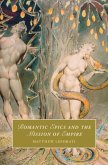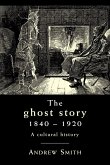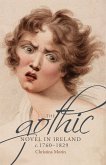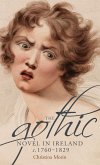That devil's trick is the first study of nineteenth-century hypnotism based primarily on the popular - rather than medical - appreciation of the subject. Drawing on the reports of mesmerists, hypnotists, quack doctors and serious physicians printed in popular newspapers from the early years of the nineteenth century to the Victorian fin de siècle, the book provides an insight into how Continental mesmerism was first understood in Britain, how a number of distinctively British varieties of mesmerism developed, and how these were continually debated in medical, moral and legal terms. This is no dry history of medicine, however. It opens and closes with two vignettes of how mesmerists were depicted on stage at the eighteenth- and nineteenth-century fins des siècles, and its contents are highly relevant to the study of the many authors - Charles Dickens, George du Maurier, Bram Stoker and Conan Doyle among them - whose fiction was informed by the imagery of hypnotism and mesmerism. The book is enlivened by liberal quotation from the often scandalous observations of those who watched or participated in mesmeric séances, these being regarded at times as salacious exhibitions likely to undermine the morality of the nation. That devil's trick will be an essential resource for anybody working with the popular and literary culture of the nineteenth century. Its unique content allows it to bridge the disciplinary boundaries of literary criticism and broader Victorian studies, and the breadth and liveliness of its coverage also makes it an important work for medical historians and the general reader.

